
Don Giovanni is an opera in two acts with music by Wolfgang Amadeus Mozart to an Italian libretto by Lorenzo Da Ponte. Its subject is a centuries-old Spanish legend about a libertine as told by playwright Tirso de Molina in his 1630 play El burlador de Sevilla y convidado de piedra. It is a dramma giocoso blending comedy, melodrama and supernatural elements. It was premiered by the Prague Italian opera at the National Theater, now called the Estates Theatre, on 29 October 1787. Don Giovanni is regarded as one of the greatest operas of all time, and has proved a fruitful subject for commentary in its own right; critic Fiona Maddocks has described it as one of Mozart's "trio of masterpieces with librettos by Da Ponte".

Giovanni Carmelo Verga di Fontanabianca was an Italian realist (verista) writer.

Vizzini is a town and comune in the Metropolitan City of Catania, on the island of Sicily, southern Italy. It is located 60 kilometres (37 mi) from Catania in the Hyblaean Mountains, on the most northwesterly slopes of Monte Lauro.
Sunjata is an epic poem of the Malinke people that tells the story of the hero Sundiata Keita, the founder of the Mali Empire. The epic is an instance of oral tradition, going back to the 13th century and narrated by generations of jelis (griots). There is no single or authoritative version. Material pertaining to the epic first began to be collected during the early 20th century in French Sudan, notably by the French elite school École William Ponty, resulting in the "modern" version of the tale as considered standard today, based on the oral account by Djeli Mamoudou Kouyate, a jeli or traditional oral historian, translated into French by Djibril Tamsir Niane in 1960.
Jack Peter Shepherd is an English actor. He is known for portraying the role of David Platt on the ITV soap opera Coronation Street since 2000. For his portrayal of David, he has won various awards including the British Soap Award for Villain of the Year in 2008 and Best Actor in 2018, respectively.
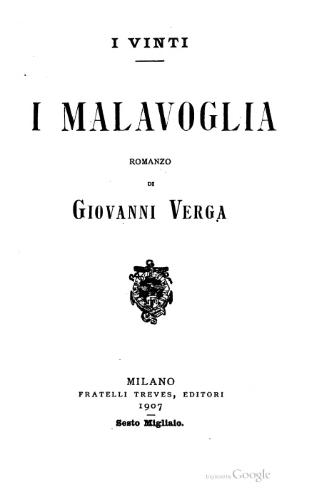
I Malavoglia is the best known novel by Giovanni Verga. It was first printed in 1881.

Los ricos también lloran is a popular telenovela produced in Mexico in 1979, starring Verónica Castro, Rogelio Guerra and Rocío Banquells. Castro also sang the theme Aprendí a Llorar, a song written by Lolita de la Colina. The telenovela was produced by Valentín Pimstein and Carlos Romero, it was directed by Rafael Banquells. The story was written by Inés Rodena and adapted by Valeria Philips.

Lucrezia de' Medici was a member of the House of Medici and by marriage Duchess consort of Ferrara, Modena and Reggio from 1558 to 1561.

Edelmira Ignacia Adriana Sampedro-Ocejo y Robato was known as the Countess of Covadonga after her marriage to Alfonso, former Prince of Asturias, in 1933.
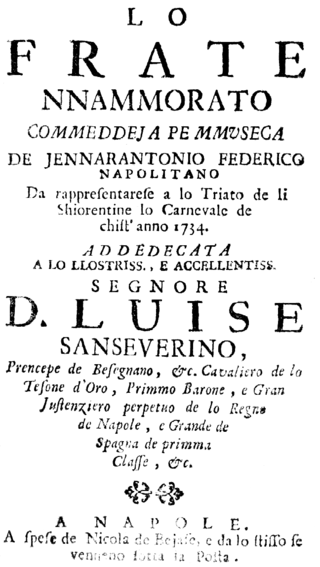
Lo frate 'nnamorato is a three-act commedia per musica by Giovanni Battista Pergolesi, to a Neapolitan libretto by Gennaro Antonio Federico, first performed in 1732.

Ippolita Maria Sforza was an Italian noblewoman, a member of the Sforza family which ruled the Duchy of Milan from 1450 until 1535. She was the first wife of the Duke of Calabria, who later reigned as King Alfonso II of Naples. Ippolita was a very intelligent and cultured young woman.
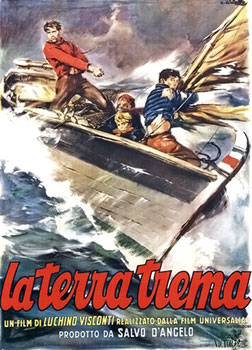
La Terra Trema is a 1948 Italian neorealist film directed, co-written, and produced by Luchino Visconti. A loose adaptation of the 1881 novel I Malavoglia by Giovanni Verga, the film documents the economic and personal struggles of poor Sicilian fishermen. The film is docufictional, featuring a cast of non-professional actors and a mix of scripted and unscripted sequences. It is considered one of the essential films of the neorealist movement and was named one of the top ten films of all time in the 1962 Sight & Sound poll.
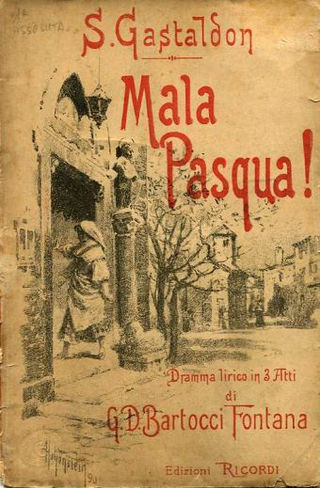
Mala Pasqua! is an opera in three acts composed by Stanislao Gastaldon to a libretto by Giovanni Domenico Bartocci-Fontana. The libretto is based on Giovanni Verga's play, Cavalleria rusticana which Verga had adapted from his short story of the same name. Mala Pasqua! premiered on 9 April 1890 at the Teatro Costanzi in Rome, six weeks before Pietro Mascagni's opera Cavalleria rusticana which was also based on Verga's play. Bartocci-Fontana's libretto adds some elements that were not in Verga's original and expands on others. The name of the Santuzza character was also changed to Carmela, but the basic plot and setting remain the same. Its title refers to the curse which Carmela places on Turiddu, the lover who had spurned her: "Mala Pasqua a te!". Following its Rome premiere, Mala Pasqua! had a few more performances in Perugia and Lisbon, but it was completely eclipsed by the phenomenal success of Mascagni's opera. After the 1891 Lisbon run it was not heard again until 2010 when it was given a semi-staged performance in Agrigento, Sicily.
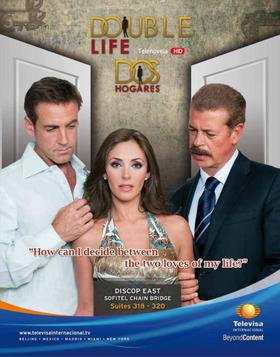
Dos hogares is a Spanish-language Mexican drama thriller telenovela produced by Emilio Larrosa for Televisa in 2011.
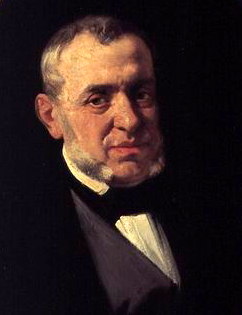
Caritea, regina di Spagna, ossia La morte di Don Alfonso re di Portogallo, is an opera in two acts by Saverio Mercadante, with a libretto by Paolo Pola. It was premiered at Teatro La Fenice in Venice on 21 February 1826.
El secreto de Puente Viejo was a Spanish soap opera produced by Boomerang TV that originally aired from 23 February 2011 to 20 May 2020 on Antena 3.

Lorenzo Muscoso is an Italian director, author and journalist.
"La Lupa" is a short story by Sicilian writer Giovanni Verga, first published in 1880.
The Middle Children is a collection of fourteen short stories written by South African writer Rayda Jacobs, based mostly on her experience living through apartheid and published in Canada in 1994. Through these short stories the reader learns about apartheid, exile, and living as a black person who can pass as white, as well as the struggles that come with it, through the main character's eyes.
Borso d'Este was an Italian general, a member of the ducal House of Este. He was the son of Cesare d'Este, Duke of Modena and Virginia de' Medici.














